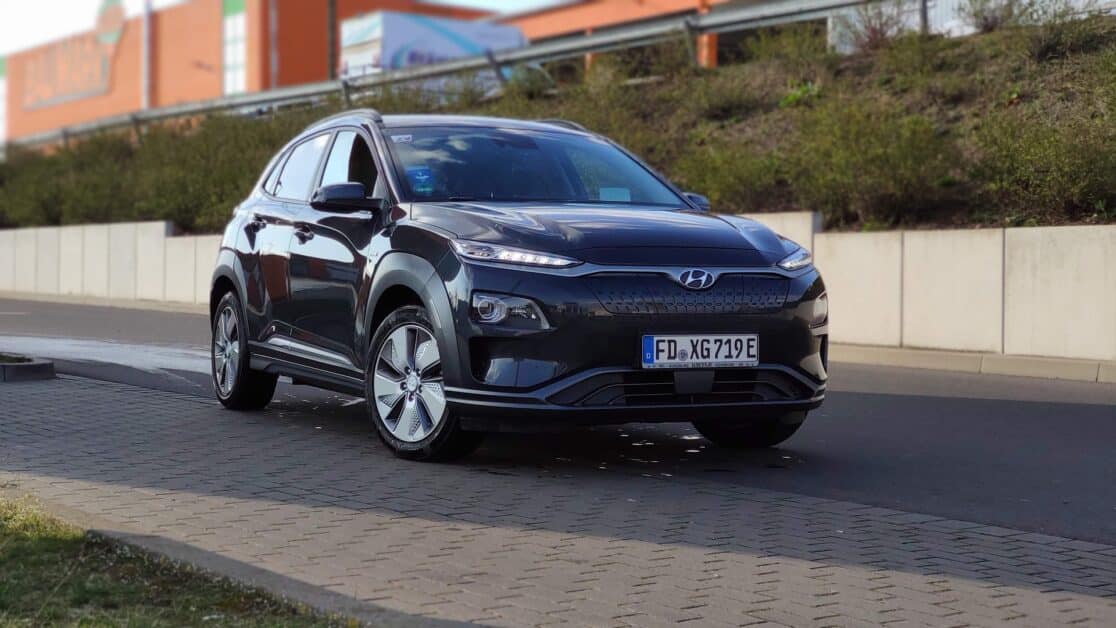The electric vehicle (EV) industry is on the verge of a major transformation, with solid-state battery technology promising to redefine range, efficiency, and safety. Hyundai is taking a bold step toward this future, positioning itself as a key player in the next generation of EVs. Reports indicate that Hyundai is remarkably close to solid-state battery production, bringing the company in line with global competitors such as Toyota, Mercedes-Benz, and Stellantis.
With Hyundai’s ambitious investments and strategic partnerships, the company aims to roll out its prototype EVs powered by solid-state batteries by 2025 and begin mass production by 2030. This advancement could be a game-changer, potentially revolutionising how we perceive EV performance and battery longevity. Let’s take a deep dive into Hyundai’s progress, the technology behind solid-state batteries, and what this means for the future of electric mobility.

Hyundai Remarkably Close To Solid-State Battery: Hyundai’s Big Leap
The EV industry has long grappled with the limitations of conventional lithium-ion batteries, such as limited range, slow charging speeds, and safety concerns related to thermal runaway. Solid-state batteries have emerged as the next frontier, offering superior performance and increased safety. Hyundai is now positioning itself at the forefront of this technological shift.
Hyundai’s battery research centre in Uiwang, South Korea, is nearly finished setting up its solid-state battery pilot production line. Reports from the Korean Car Blog suggest that full-scale operations could commence as early as January 2025. This marks a significant milestone for Hyundai, bringing it into direct competition with industry leaders such as Toyota, which aims to commercialise solid-state batteries by 2027.
The pilot production phase will allow Hyundai to test its solid-state batteries in prototype EVs, paving the way for real-world assessments and refinements before mass production begins. The ultimate goal? Delivering EVs that outperform their current lithium-ion-powered counterparts in range, efficiency, and durability.
Why Solid-State Batteries Are a Game Changer
Solid-state batteries differ from traditional lithium-ion batteries by replacing liquid electrolytes with solid materials. This key difference offers multiple advantages:
- Increased Energy Density: Solid-state batteries can store more energy in a smaller space, potentially doubling the range of EVs.
- Enhanced Safety: The absence of liquid electrolytes reduces the risk of fire or thermal runaway, making EVs significantly safer.
- Faster Charging Times: These batteries can handle higher charge rates, allowing for rapid charging that cuts down waiting times significantly.
- Longer Lifespan: They can withstand more charge cycles, reducing battery degradation over time.
Toyota has already claimed that its upcoming solid-state battery-powered EVs could offer a range of up to 745 miles on a single charge. Similarly, Samsung SDI has showcased prototypes capable of achieving over 600 miles per charge. Hyundai’s progress in this domain suggests that it could soon match or exceed these figures.
Hyundai’s Solid-State Battery Strategy
Hyundai’s roadmap for solid-state battery development includes a combination of in-house research and strategic collaborations with major battery manufacturers, including LG Energy Solution and Samsung SDI. With a $7.3 billion investment dedicated to advancing battery technology over the next decade, Hyundai aims to establish itself as a leader in next-gen EV solutions.
The company has also announced the integration of lithium iron phosphate (LFP) and Nickel Cobalt Manganese (NCM) battery chemistries into its lineup, ensuring a diversified approach to EV battery development. While solid-state batteries remain the ultimate goal, LFP technology serves as a cost-effective alternative for budget-friendly EVs.
Global Competition and Industry Development
Hyundai is not alone in its pursuit of solid-state battery technology. Other automakers and battery manufacturers are racing toward similar goals:
- Toyota: Plans to introduce solid-state battery EVs by 2027 with a potential 745-mile range.
- Mercedes-Benz & Stellantis: Both companies are heavily investing in solid-state battery research to enhance their EV offerings.
- CATL (China): Targeting small-scale volume production of solid-state batteries by 2027.
- Honda: Recently unveiled a pilot production line for solid-state batteries, with operations set to begin in January 2025.
These developments highlight the intense competition in the EV battery space, with Hyundai positioning itself as a formidable contender.
How Hyundai’s Advancements Will Impact EV Consumers
If Hyundai successfully commercialises solid-state batteries, EV consumers stand to benefit in several ways:
- Longer Driving Ranges: Future Hyundai EVs could travel over 600 miles per charge.
- Faster Charging: Reducing charging times by up to 50% could make EVs more convenient.
- Improved Safety: Solid-state batteries minimise risks related to overheating and battery fires.
- Better Affordability in the Long Run: As production scales, costs are expected to decrease, making EVs more accessible.
Conclusion: A New Era for Hyundai and the EV Market
With Hyundai remarkably close to solid-state battery production, the EV landscape is on the brink of a major transformation. The company’s pilot production line marks a crucial step toward the commercialisation of next-gen batteries that could redefine performance, range, and safety standards in the industry.
While challenges remain, Hyundai’s strategic investments, partnerships, and research initiatives indicate that solid-state battery-powered EVs could be a reality by 2030. As the global EV race intensifies, Hyundai’s advancements position it as a serious competitor in the pursuit of battery innovation.
For consumers, this means an exciting future with longer-lasting, safer, and more efficient electric vehicles. As Hyundai continues to lead the charge, the EV revolution is set to accelerate at an unprecedented pace.
